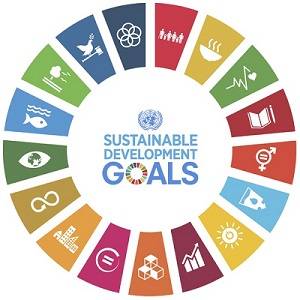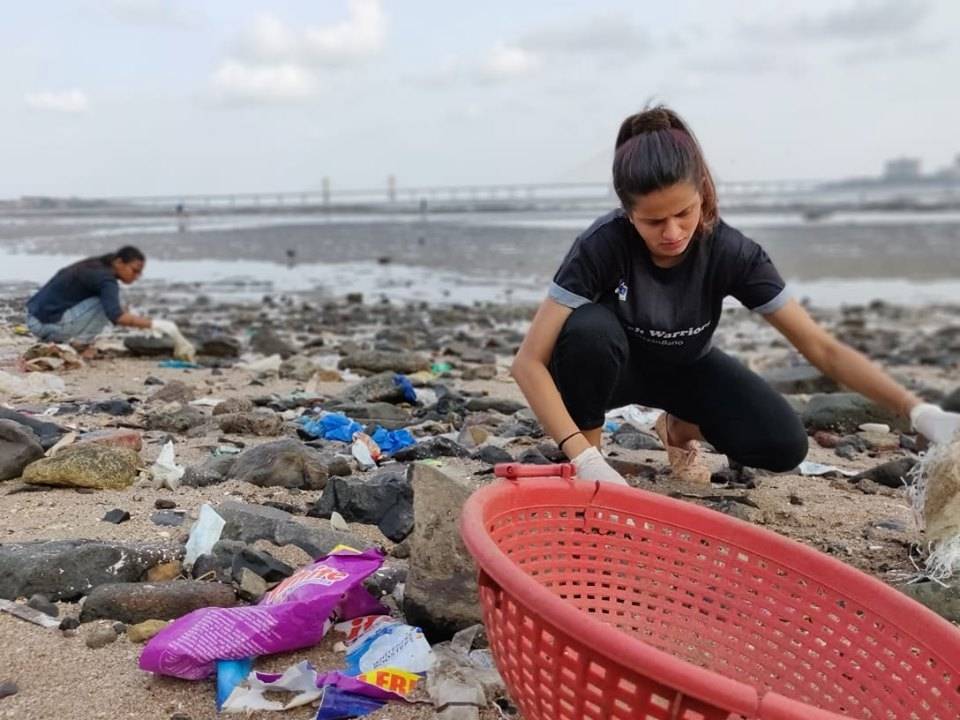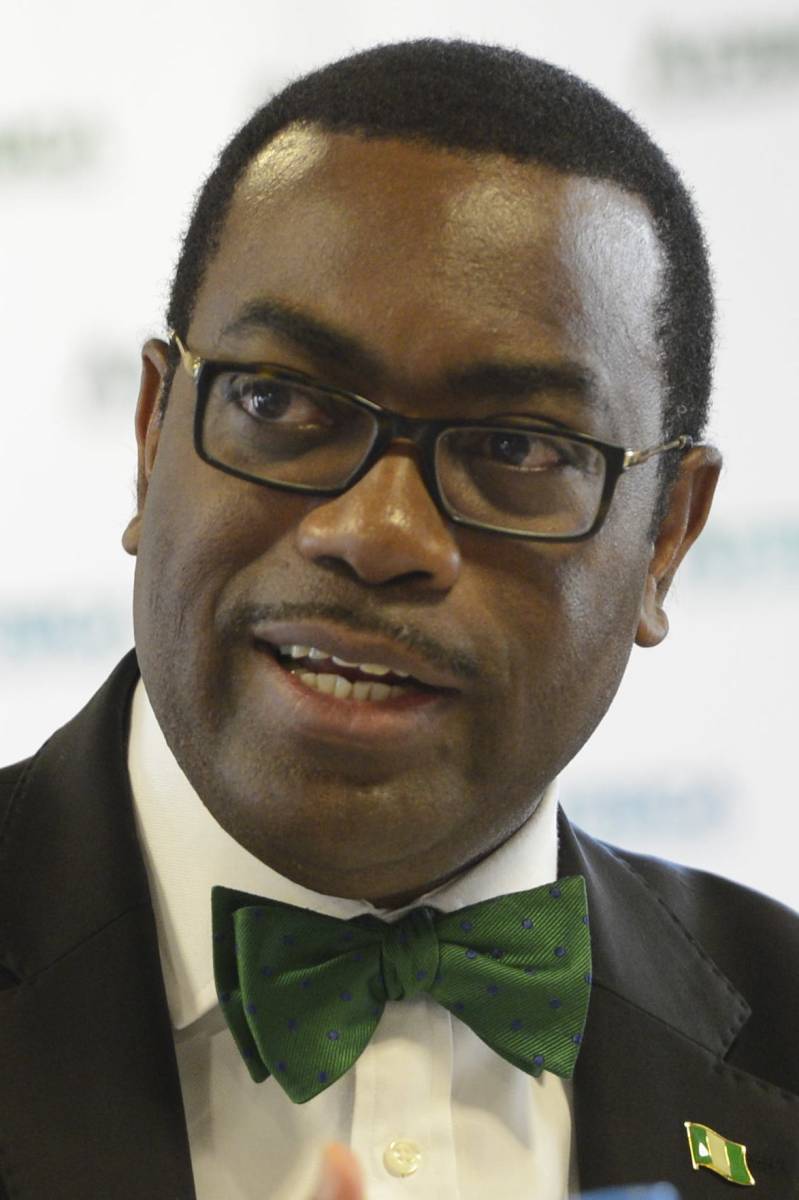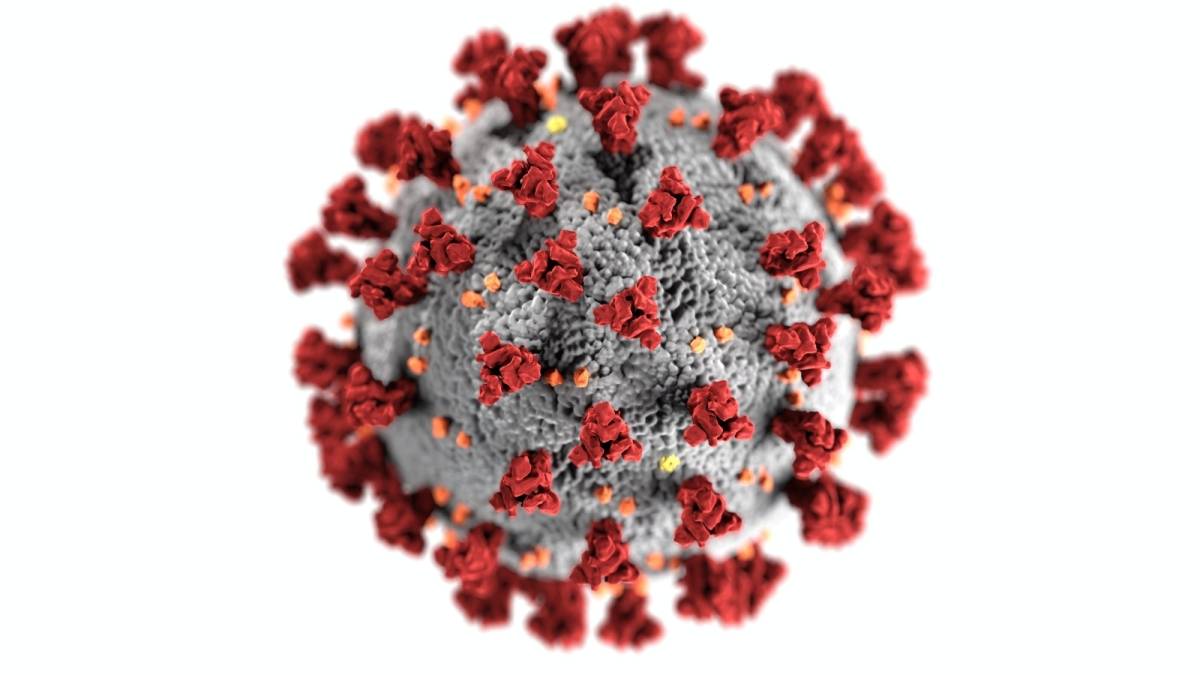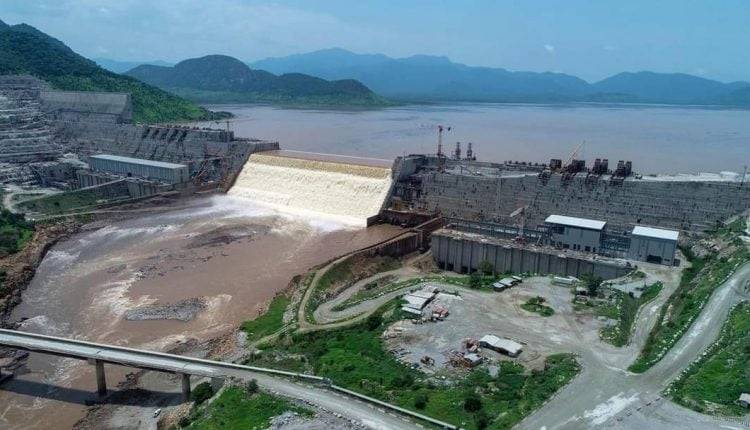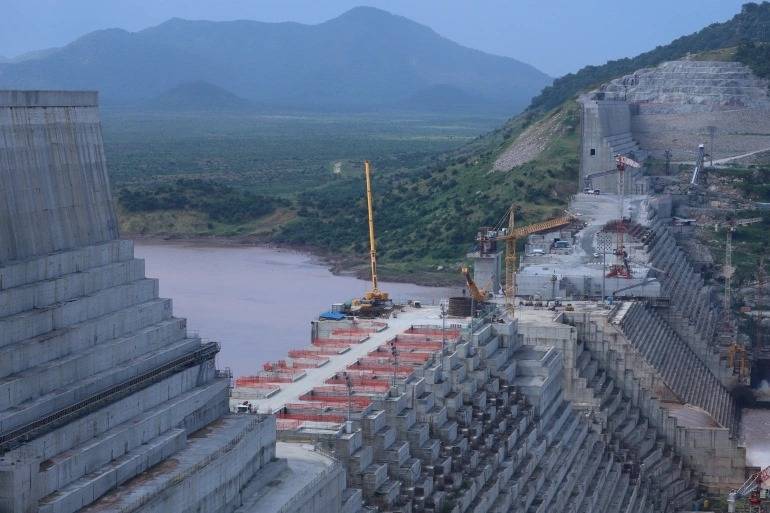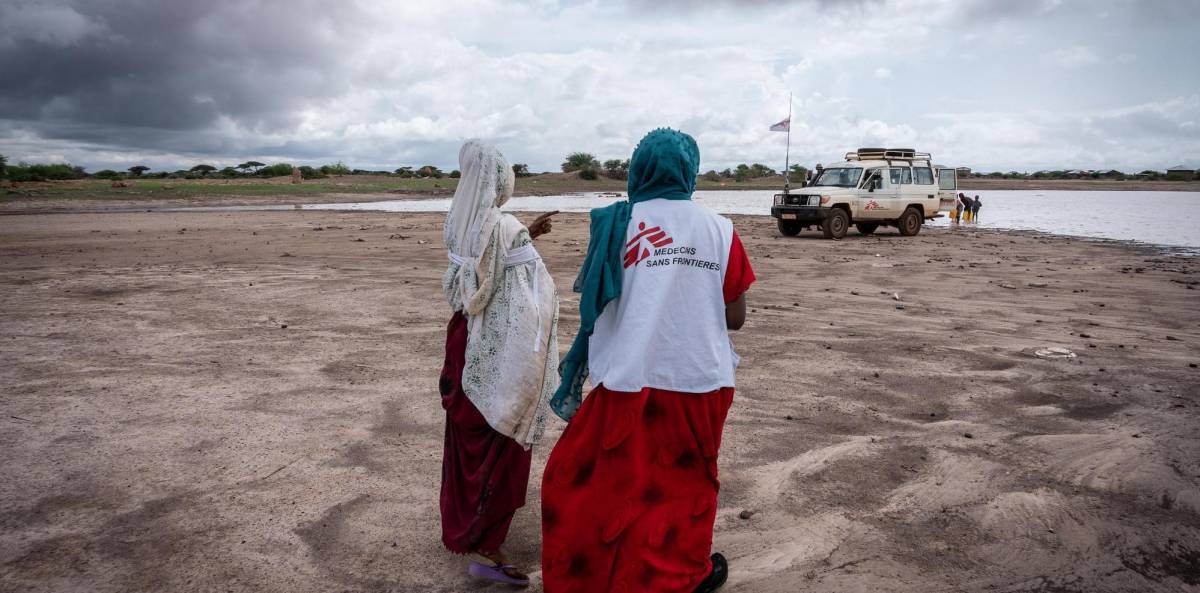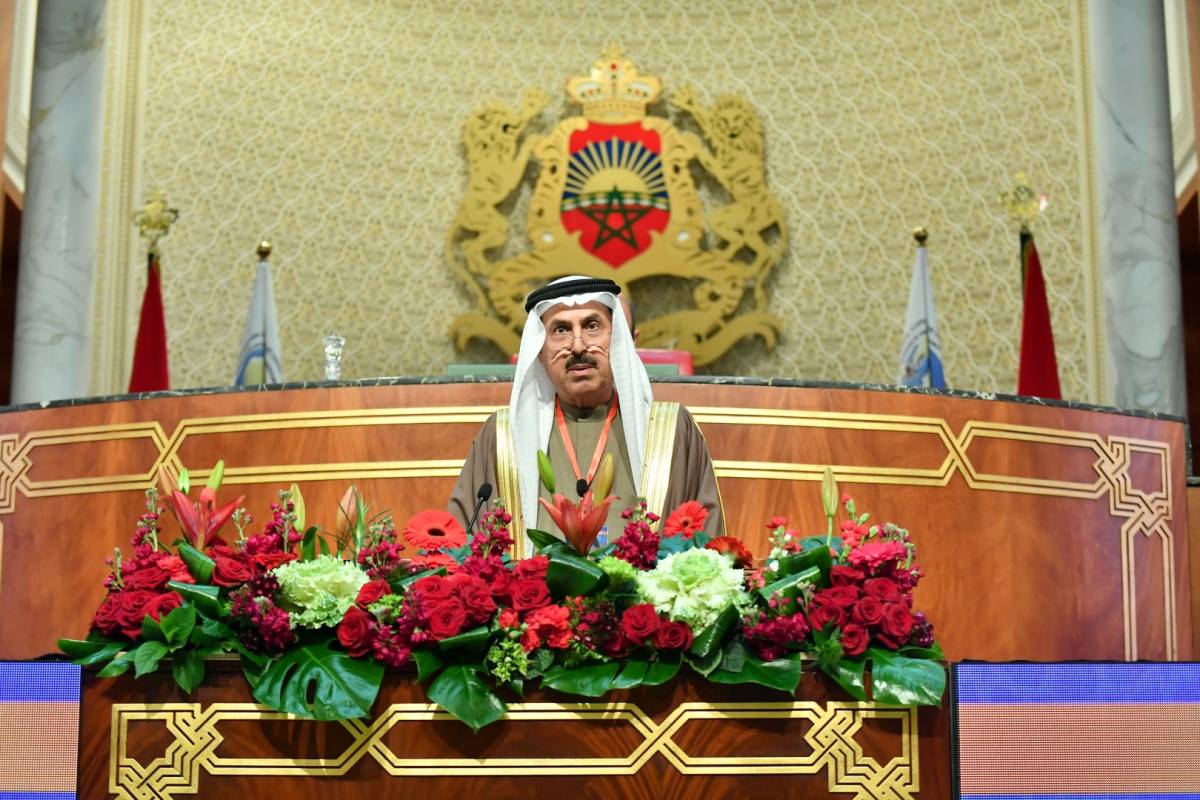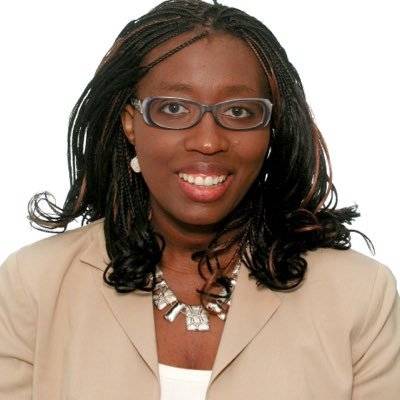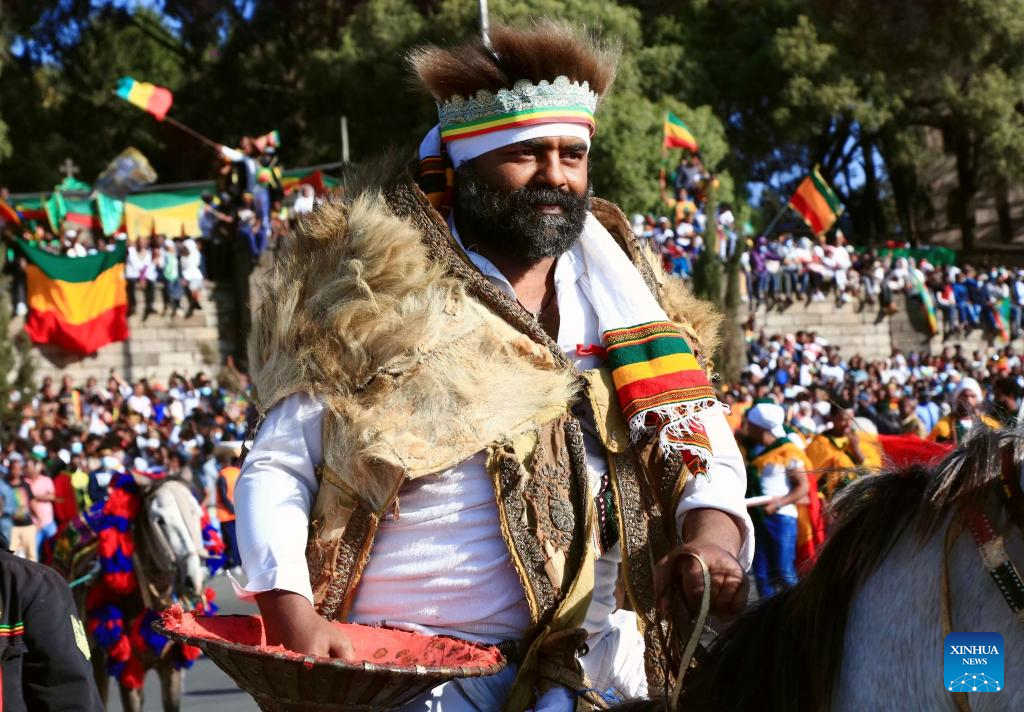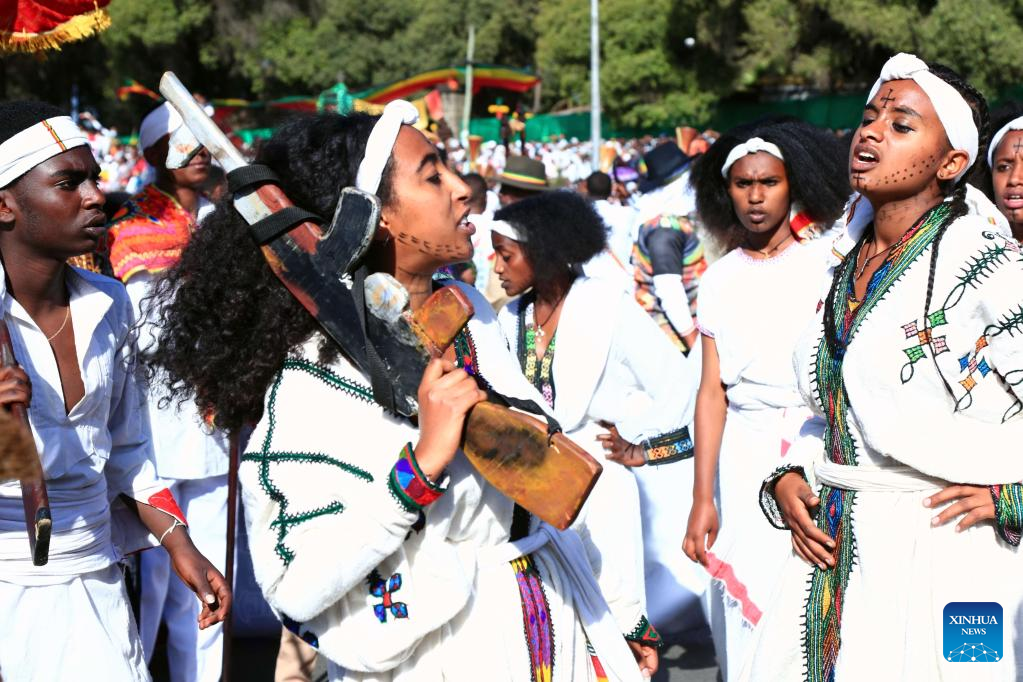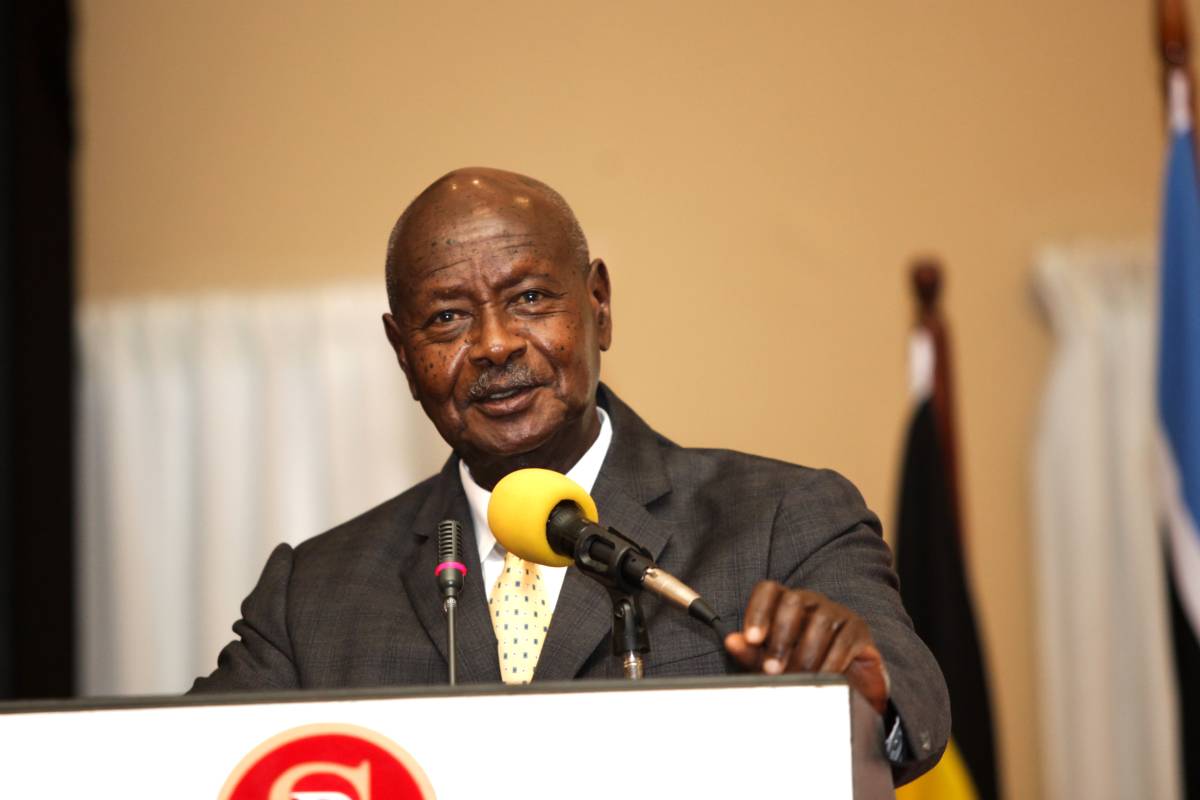African countries call for mutually reinforcing policies for sustainable development
The Kigali Declaration called on African countries to leverage new tools, innovative solutions, and technology, including through enhanced partnerships with the private sector, academia, non-governmental, civil society, and other stakeholders to build strong, agile, sustainable, and resilient national statistical systems.
Eight Regional Forum on Sustainable Development (ARFSD-8) ended with the adoption of the Kigali Declaration on good practices and solutions to enhance implementation of the sustainable development goals in Africa
African countries have reiterated the need to link mutually reinforcing policies for sustainable development and COVID-19 recovery to ensure inclusive emergence from the pandemic.
This came after the Eight Regional Forum on Sustainable Development (ARFSD-8) ended with the adoption of the Kigali Declaration on good practices and solutions to enhance implementation of the sustainable development goals in Africa, the ARFSD organizers announced Monday.
The Kigali Declaration called on African countries to leverage new tools, innovative solutions, and technology, including through enhanced partnerships with the private sector, academia, non-governmental, civil society, and other stakeholders to build strong, agile, sustainable, and resilient national statistical systems.
The ARFSD-8, organised by the United Nations Economic Commission of Africa (UNECA) and the government of Rwanda in collaboration with the African Union (AU) Commission, the African Development Bank (AfDB) and other entities of the UN system, envisaged reviewing and catalyze actions to achieve the Sustainable Development Goals (SDGs) by 2030 and goals of the Africa’s 50-year continental development Agenda 2063.
“The Kigali Declaration urges African countries to link mutually reinforcing policies for sustainable development and COVID-19 recovery to ensure inclusive emergence from the pandemic,” the UNECA said in a statement.
The document highlighted the need for countries to leverage the potential of the African Continental Free Trade Area Agreement (AfCFTA) to support the development of regional value chains, citing the case of minerals used in the production of batteries and electric vehicles as an example.
This year’s edition of ARFSD was held in a hybrid format in Kigali, Rwanda and virtually from March 3 to 5 under the theme “Building forward better: A Green, Inclusive and Resilient Africa Poised to Achieve the 2030 Agenda and Agenda 2063.”
Hanan Morsy, Deputy Executive Secretary of the Economic Commission for Africa (ECA), explained that the main purpose of the meeting was to review Africa’s progress and catalyze actions to achieve the 2030 sustainable development goals. The meeting was also meant to achieve consensus on urgent priorities for action, which are captured in the Kigali Declaration to be presented at the high-level political forum in New York.
Addressing the opening session, Rwanda’s President Paul Kagame expressed his hope that Africa will use the COVID-19 pandemic as a springboard to speed up progress and innovate smarter ways to invest in human capital development.
“The COVID-19 pandemic has slowed development gains, and in some cases reversed the progress that have been made,” Kagame told the high-level meeting, as he emphasized that as part of the continental COVID-19 response efforts “we can build an Africa that is greener and more resilient with a sustainable development goals and Agenda 2063 as our blueprint.”
Kagame’s sentiments were also shared by Amina Mohammed, UN Deputy Secretary-General, as she applauded the progress made on the African Vaccine Acquisition Trust (AVAT).
The African continent must build “stronger and more resilient health systems by investing in healthcare,” a UNECA statement quoted Mohammed as saying during the opening session of the ARFSD-8.

UN Under-Secretary-General and Executive Secretary of UNECA, Vera Songwe, explained that progress achieved by Africa in the areas of climate change, the continental free trade pact, the management of COVID-19, and education must be applauded.
Songwe said despite the tendency for the AfCFTA to be perceived as far-fetched, the fact that African countries have traded more among themselves during the pandemic than the five years before that period is a testament to the potential of the partnership.
The ARFSD is an annual multi-stakeholder platform organized by the ECA and the host government. This year, Rwanda, in collaboration with the AU Commission, the AfDB and other entities of the United Nations systems, is hosting the high-level gathering.
ALSO READ: UFI Middle East & Africa Forum meet at Dubai Expo
According to the UNECA, the three-day ARFSD-8 brought together African ministers, senior officials, high-level policymakers and experts from ministries and agencies and practitioners from UN member states, private sector, civil society, academia and UN organizations.
The regional forum is one of the three mechanisms mandated by theUN General Assembly to follow-up, review and catalyze actions to achieve the Sustainable Development Goals (SDGs) of the 2030 Agenda for Sustainable Development adopted by UN member states in September 2015.

